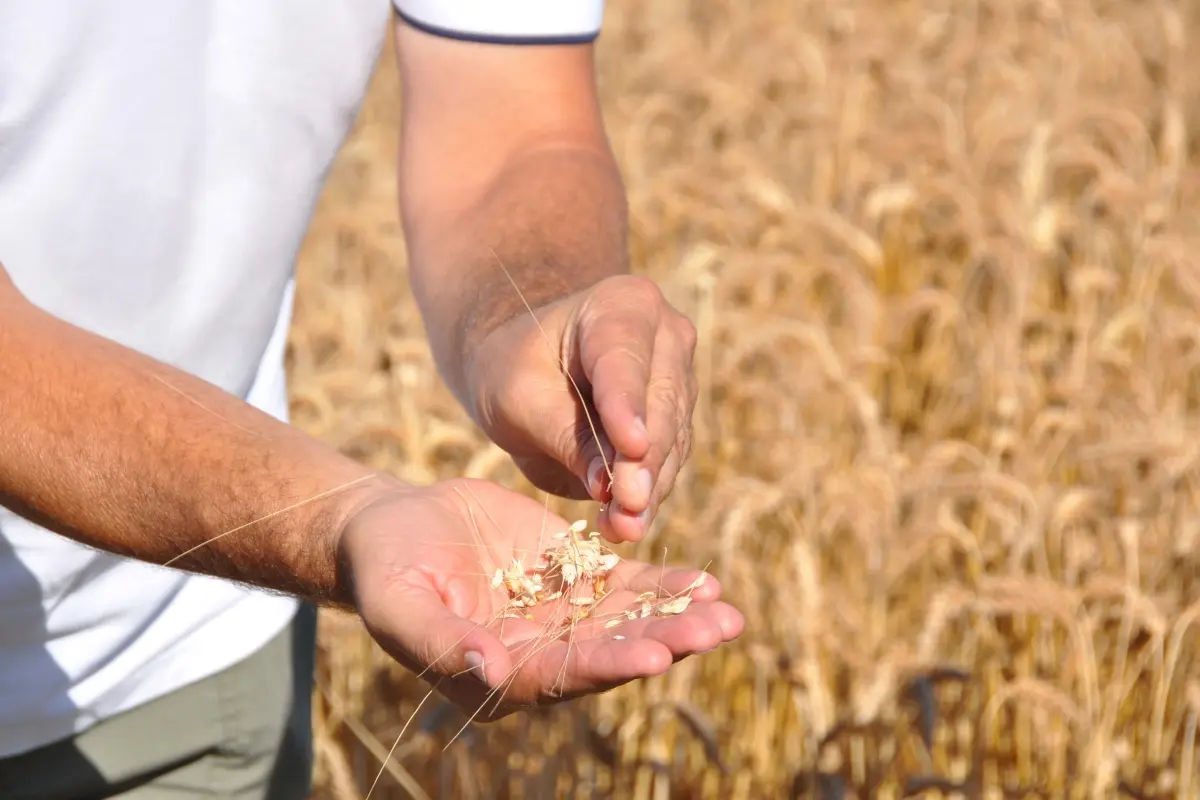
FAO: food prices continue to rise, blamed on cereals and dairy products
On the contrary, sugar, vegetable oils and meat (but not pork and sheep) continue to decline

The world food commodity price index rose for the third consecutive month in May, driven by increases in cereals and dairy products, which offset and exceeded declines in sugar and vegetable oil prices. This was reported by the Food and Agriculture Organization of the United Nations (FAO). The FAO food price index averaged 120.4 points in May, up 0.9 percent from April's revised level, while it remained down 3.4 percent from its one-year level ago and 24.9% below the March 2022 peak.
The grain price index rose 6.3% since April, fueled by rising global grain export prices, reflecting growing concerns about unfavorable crop conditions holding back yields for 2024 crops in major producing areas, including parts of North America, Europe and the Black Sea region. Corn export prices also rose in May, pushed up by concerns over production in both Argentina, due to the Spiroplasma disease ( also known as corn stunting disease), both in Brazil, due to unfavorable weather conditions, as well as spillover effects from grain markets and limited sales activity in Ukraine. Less significant but still not to be underestimated is the increase in rice prices, which marked +1.3% in May.
The other increase, that of dairy product prices, stood at +1.8% on a monthly basis, supported by increased demand from the retail and food service sectors ahead of the summer holidays, as well as market expectations that milk production in Western Europe could fall below historical levels. Renewed demand for spot supply imports from some Near Eastern and North African countries has also increased dairy prices.
In light of these increases, a series of decreases were recorded, concerning the following products:
- Sugar falls 7.5% since April, mainly due to pressure from the good start of the new harvest season in Brazil. Lower international crude oil prices have also put downward pressure on sugar prices, reducing demand.
- Vegetable oil declines 2.4% since April. Lower palm oil prices due to increased seasonal production and continued weak global demand more than offset higher soybean oil prices due to growing demand from the biofuel sector and firmer commodity prices. rapeseed and sunflower oils mainly due to decreasing availability for export to the Black Sea region.
- Meat decreases marginally, by 0.2%, in the wake of the decline in international prices of poultry and beef, while, on the contrary, those of pig and sheep meat increase.
EFA News - European Food Agency